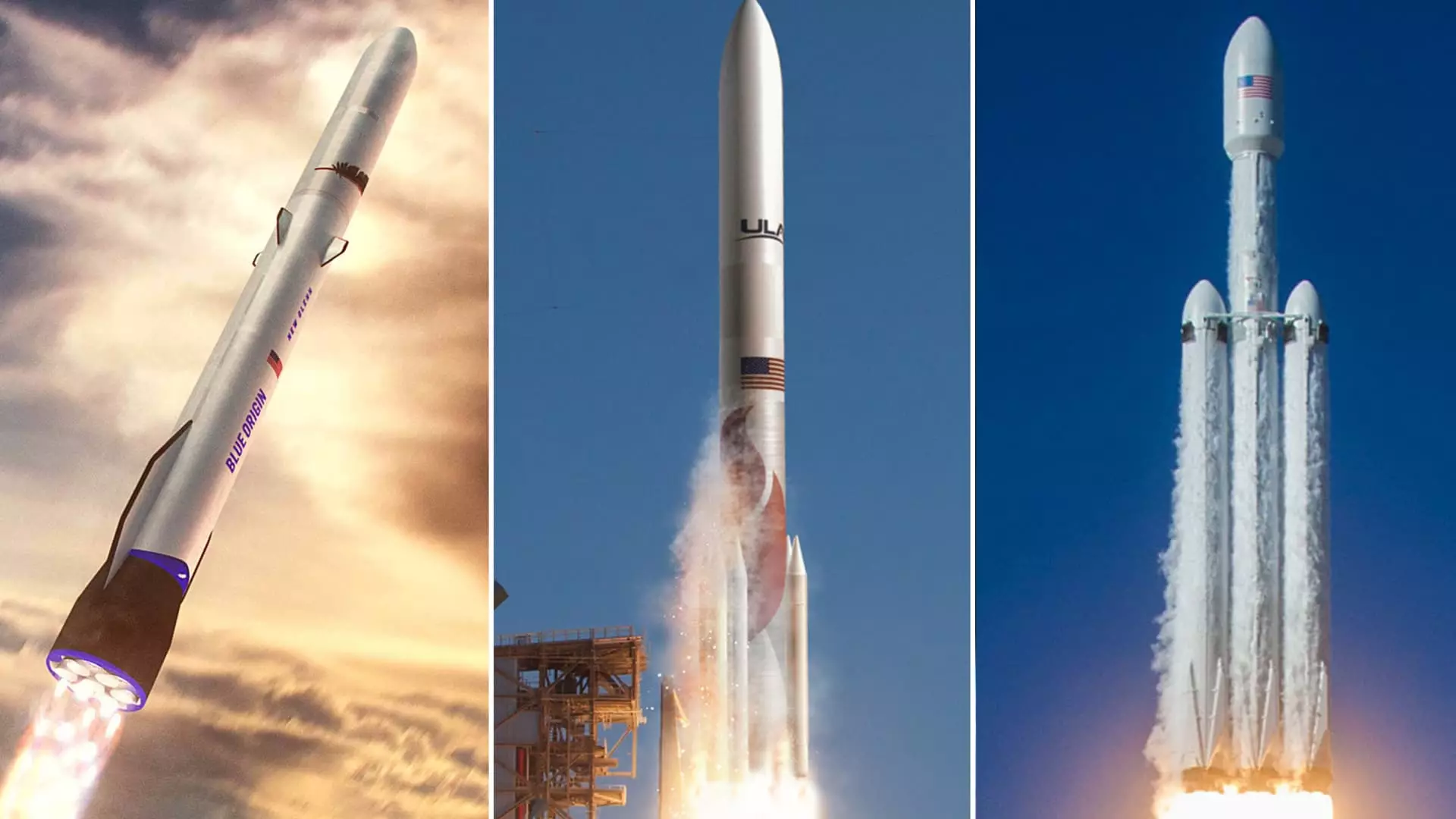The Pentagon recently revealed the first winners in its rocket launch contract sweepstakes, and one of the recipients was Jeff Bezos’ Blue Origin. This marks the first time that Blue Origin has secured a spot as a winning bidder in the Pentagon’s $5.6 billion National Security Space Launch program. Alongside Blue Origin, Elon Musk’s SpaceX and United Launch Alliance (ULA) were also among the successful bidders.
Before this latest announcement, ULA and SpaceX had been actively competing for contracts under the previous Phase 2 edition of NSSL. During Phase 2, which spanned over five years, ULA was awarded 26 missions worth $3.1 billion, while SpaceX secured 22 missions worth $2.5 billion. Both companies have established themselves as key players in the space launch industry.
Blue Origin, along with Northrop Grumman, had missed out on Phase 2 when the Pentagon opted for ULA and SpaceX in August 2020. However, with the introduction of Phase 3, the dynamics of the competition have shifted. The U.S. military is now looking to expand the playing field and increase the intensity of the competition for Space Force mission contracts.
Under NSSL Phase 3 Lane 1, Blue Origin, SpaceX, and ULA will have the opportunity to compete for contracts until mid-2029. This next phase is expected to see a total of 90 rocket launch orders, with a split approach of categories Lane 1 and Lane 2 to accommodate a larger pool of companies vying for contracts. The competition is only expected to grow fiercer as more players enter the fray.
The recent announcement of the first winners in the rocket launch contract sweepstakes signifies a new chapter in the space launch industry. With Blue Origin, SpaceX, and ULA at the forefront of the competition, the stakes have never been higher. As the Pentagon continues to award contracts under the NSSL program, the dynamics of the industry are bound to evolve, paving the way for more innovation and competition in the space launch sector.

